Polycystic Kidney Disease Cancer
Polycystic kidney disease cancer. This means that it is caused by a problem with your genes. PKD also can cause other complications or problems such as high blood pressure cysts in the liver and problems with blood vessels in your brain and heart. Polycystic kidney disease PKD is a predominantly inherited disorder that causes many cysts of varying size to develop in the kidneys.
Among these three types of Polycystic Kidney Disease ACKD has a relatively higher risk to develop kidney cancer. Polycystic kidney disease refers to a group of inherited kidney disorders characterized by the presence of multiple cysts in both kidneys. 1618 likes 1 talking about this.
Polycystic kidney disease also called PKD causes numerous cysts to grow in the kidneys. However it is not known whether renal transplant recipients with PKD have an increased risk of cancer. Autosomal dominant polycystic kidney disease ADPKD affects up to 12 million patients worldwide and accounts for 10 of patients with end-stage renal disease 12.
Polycystic kidney disease and cancer after renal transplantation Autosomal dominant polycystic kidney disease ADPKD the most common form of polycystic kidney disease PKD is a disorder with characteristics of neoplasia. PKD causes cysts to grow inside the kidneys. To our knowledge this is the first report of the association of polycystic kidney disease without end-stage renal disease with the risk of liver colon and kidney cancer.
Health-care professionals should be aware of this risk when treating patients with polycystic kidney disease. The disease may have no symptoms until it is well advanced. Polycystic kidney disease PKD may increase ones risk of developing cancer of the liver colon and kidney according to a study published in The Lancet Oncology.
These cysts are filled with fluid. Polycystic polly-SIS-tick kidney disease PKD is a genetic disease. These cysts make the kidneys much larger than they should be and damage the tissue that the kidneys are made of.
Different from the first two types ACKD is inherited and usually develops in associated with long-term kidney problems especially in patients who have kidney failure or who have been on dialysis for a long time. What is polycystic kidney disease.
PKD causes cysts to grow inside the kidneys.
Health-care professionals should be aware of this risk when treating patients with polycystic kidney disease. PKD causes cysts to grow inside the kidneys. Hereditary and relatively common polycystic kidney disease PKD has long been thought to be progressive and irreversible condemning its sufferers to a long slow and often painful decline as. Polycystic kidney disease also called PKD causes numerous cysts to grow in the kidneys. Health-care professionals should be aware of this risk when treating patients with polycystic kidney disease. PKD also can cause other complications or problems such as high blood pressure cysts in the liver and problems with blood vessels in your brain and heart. This means that it is caused by a problem with your genes. PKD is a form of chronic kidney disease CKD that reduces kidney function and may lead to kidney failure. 15 linhas Our findings show an increased risk of cancer in the polycystic kidney disease cohort.
Polycystic kidney disease PKD is an inherited condition characterised by the growth of cysts on the kidneys. Polycystic kidney disease refers to a group of inherited kidney disorders characterized by the presence of multiple cysts in both kidneys. The cysts are fluid-filled and noncancerous. Polycystic kidney disease and cancer after renal transplantation Autosomal dominant polycystic kidney disease ADPKD the most common form of polycystic kidney disease PKD is a disorder with characteristics of neoplasia. What is polycystic kidney disease. Risk of cancer in patients with polycystic kidney disease. What is polycystic kidney disease.
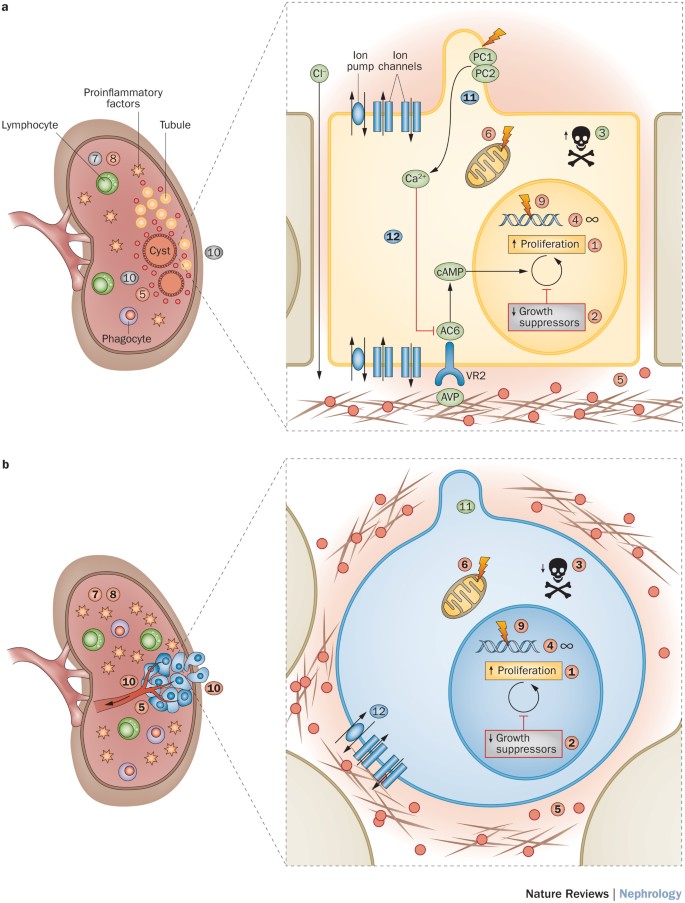


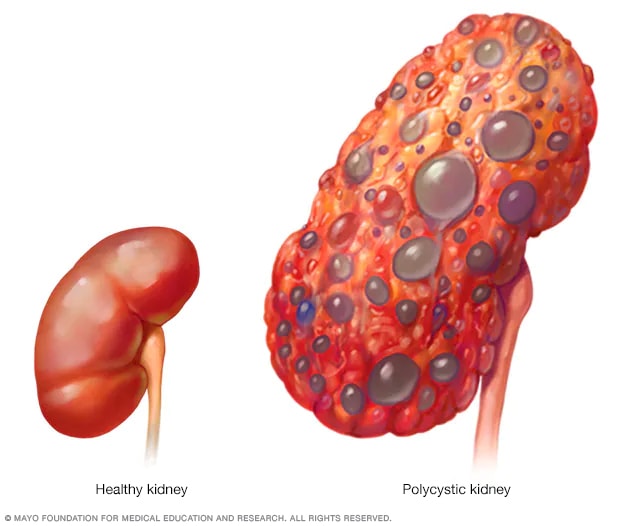

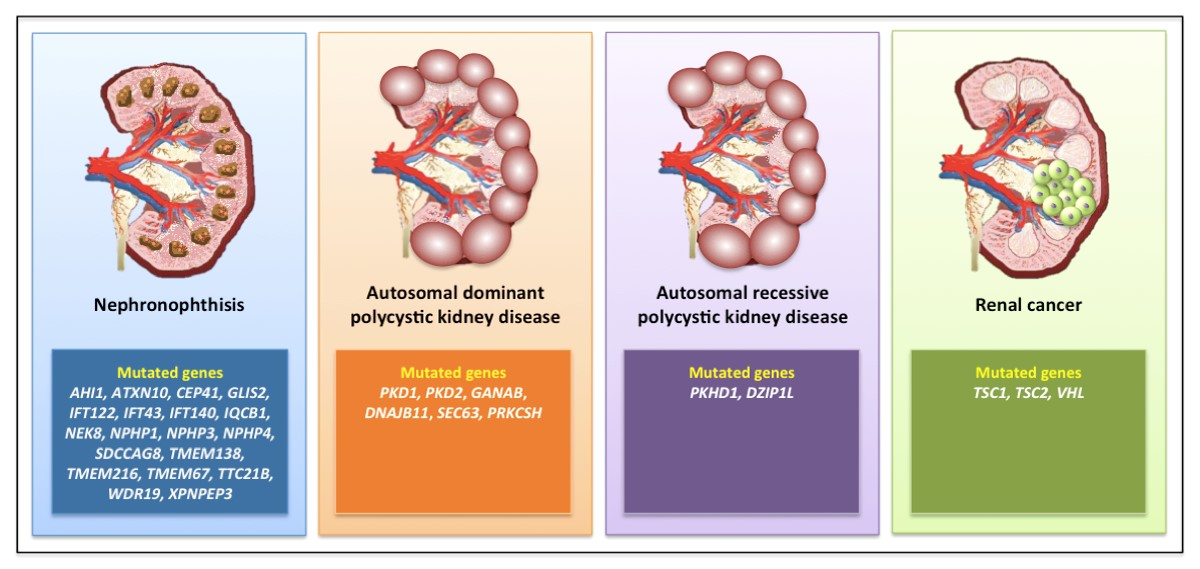



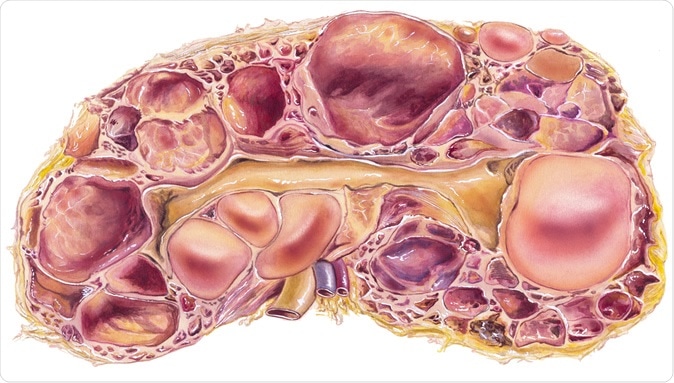
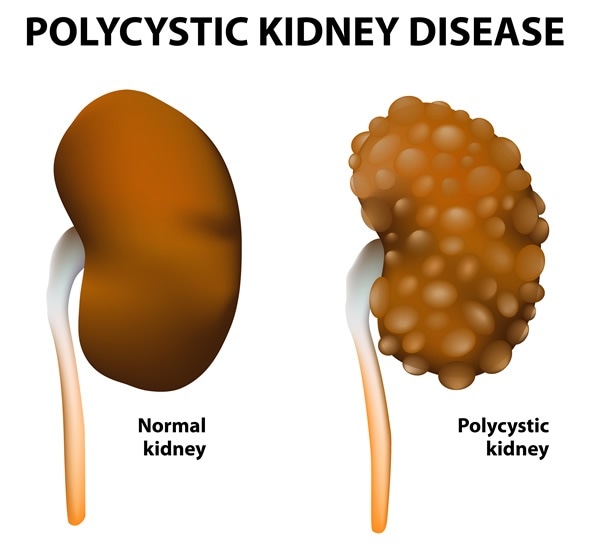
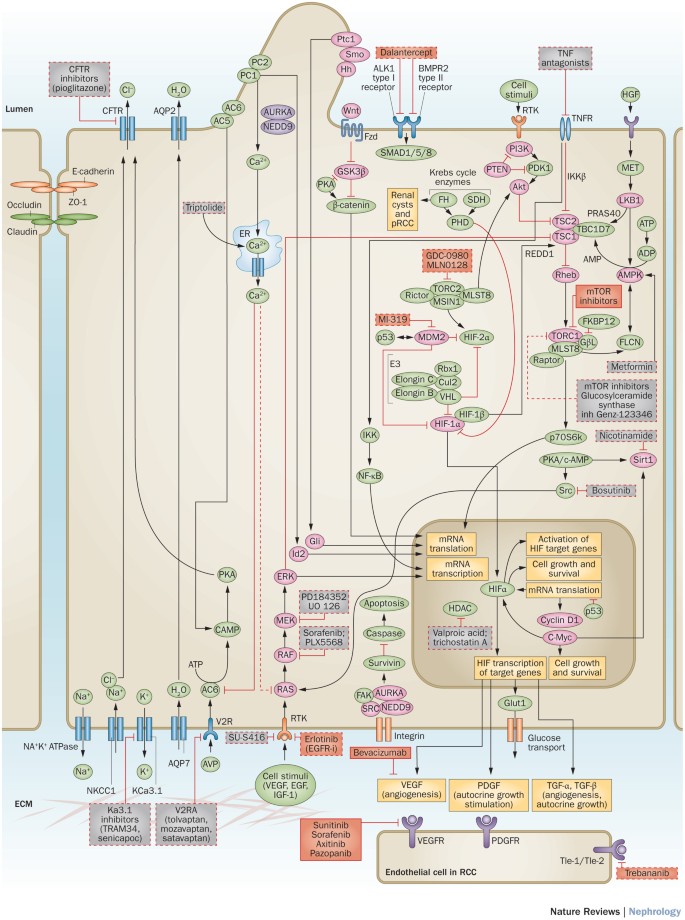


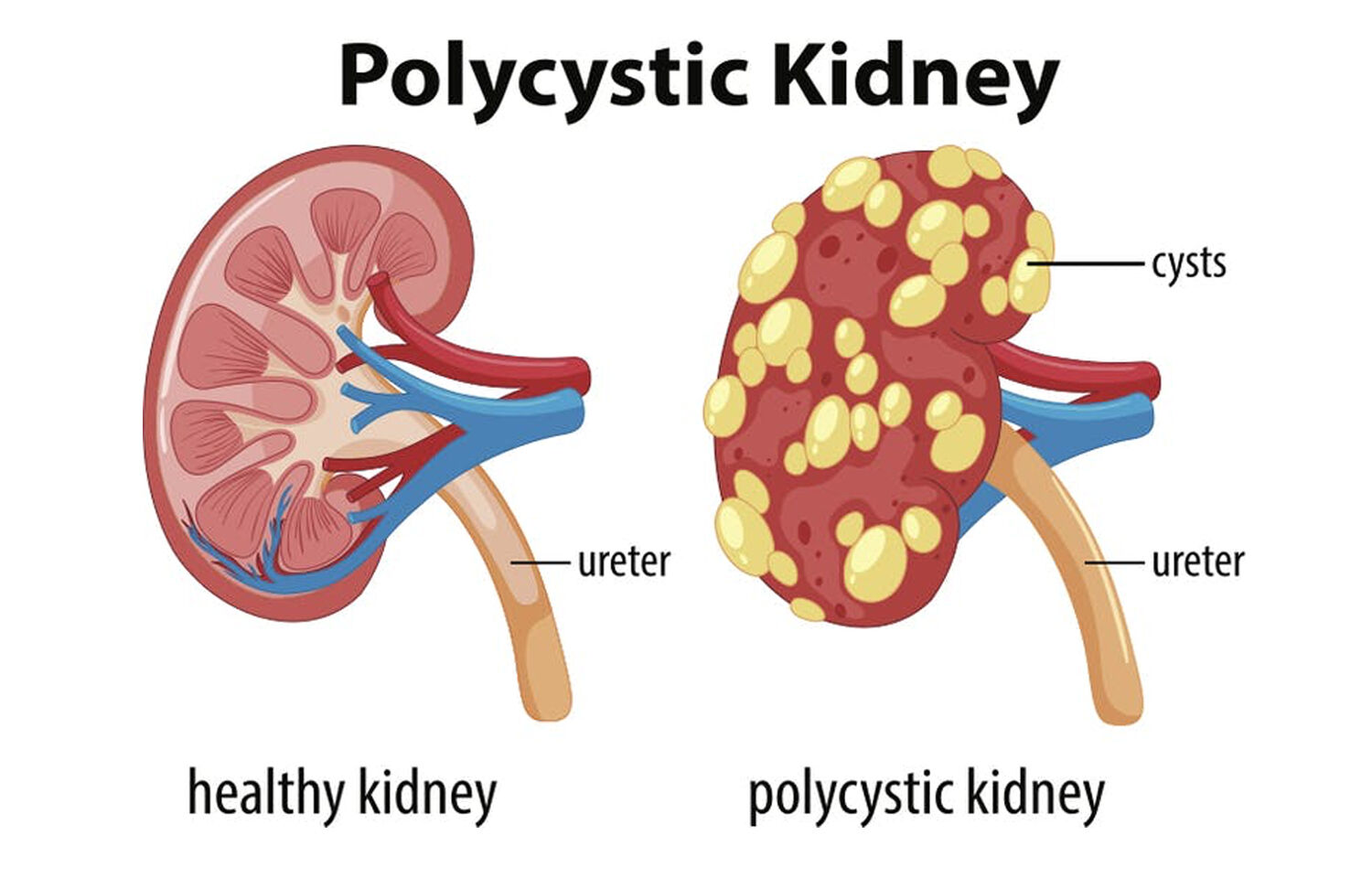


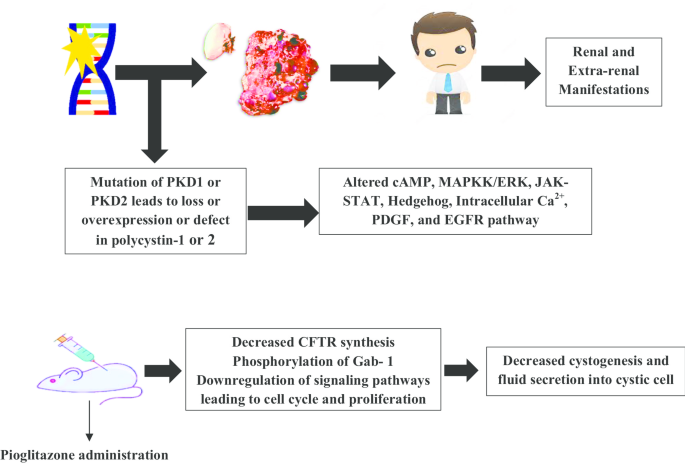




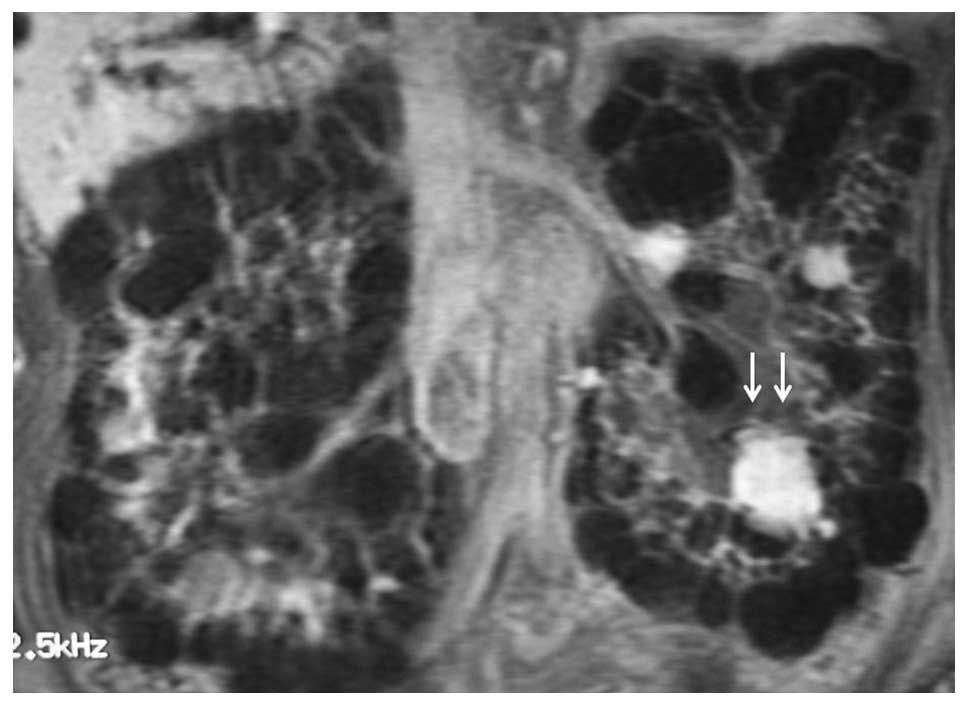








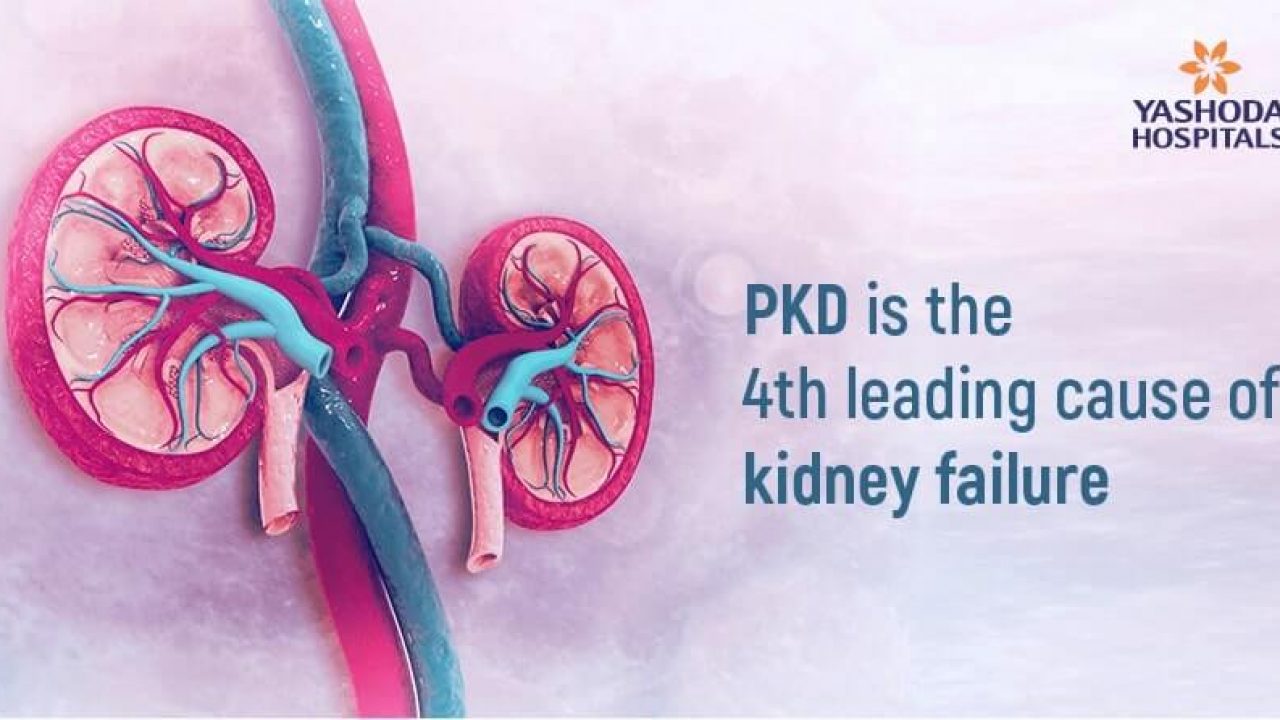


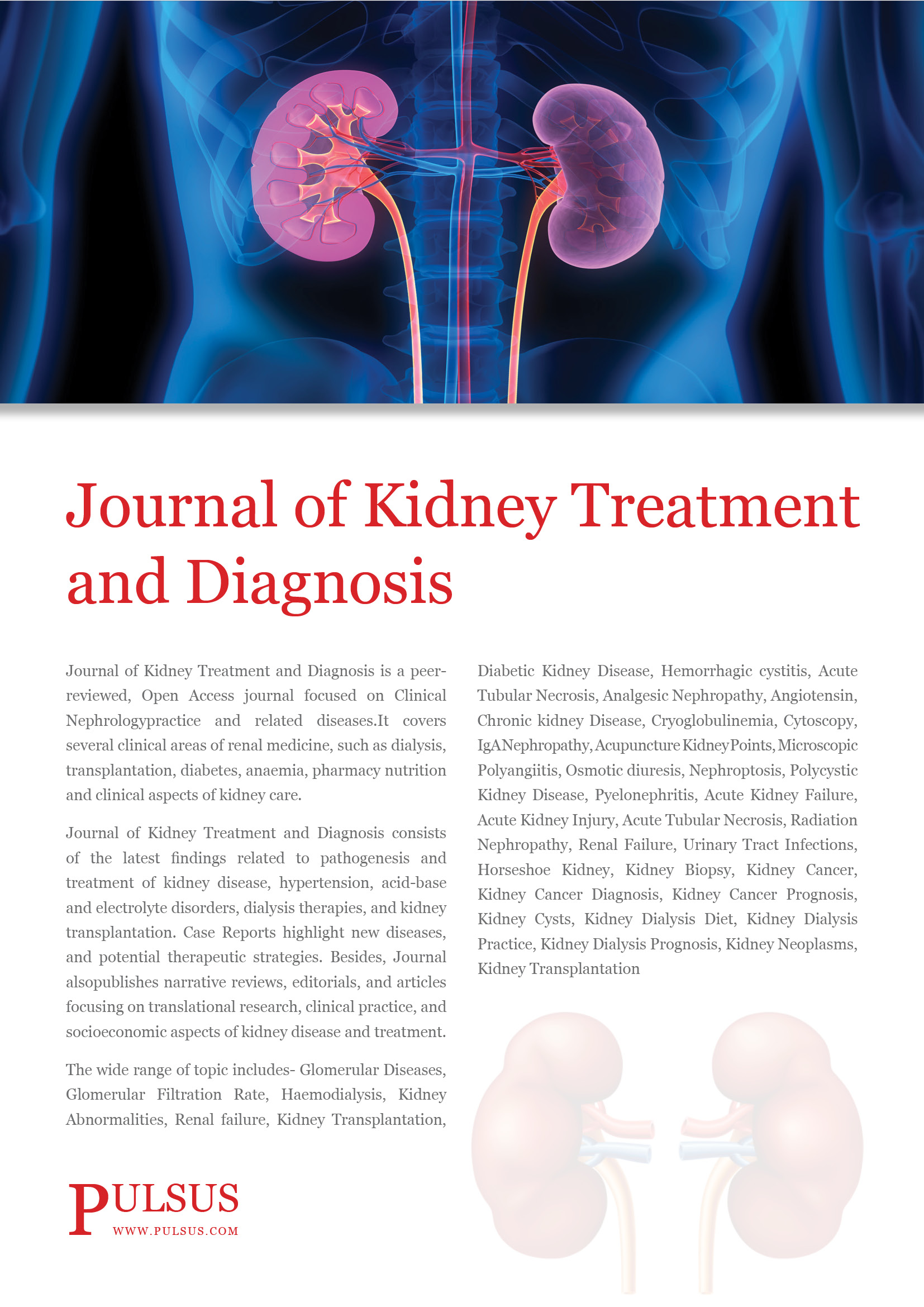






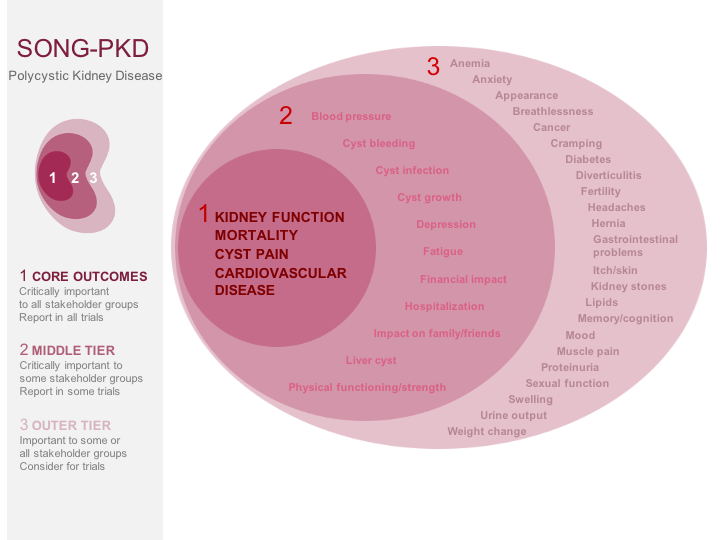


Posting Komentar untuk "Polycystic Kidney Disease Cancer"